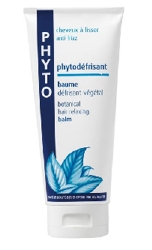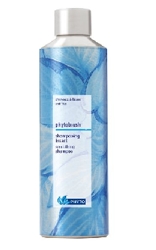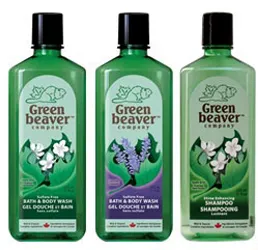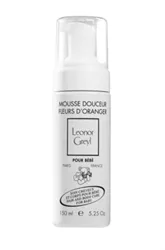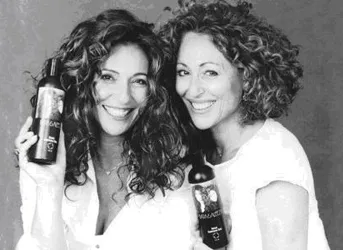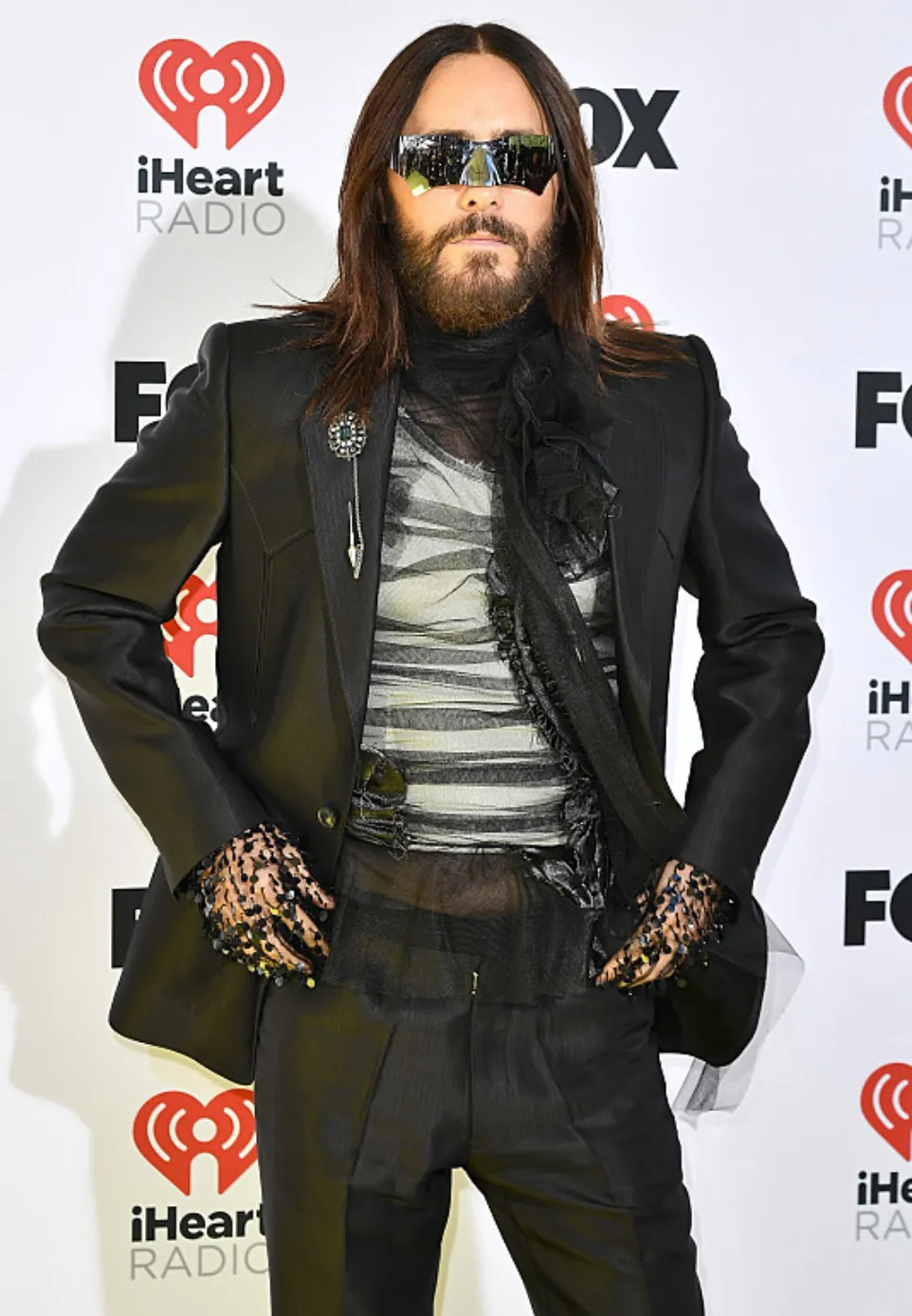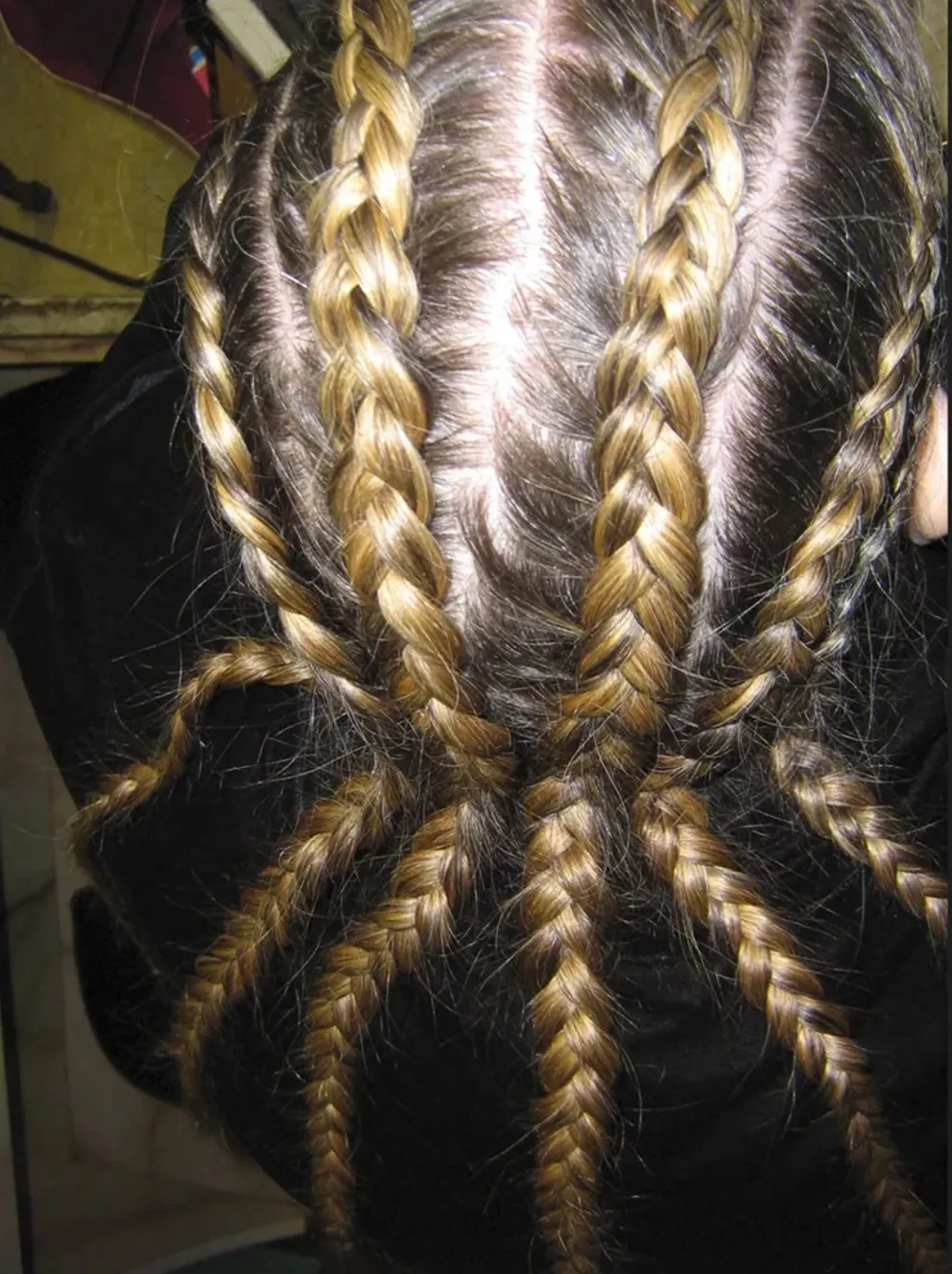
What Are "Natural" Hair Care Products?
Introduction
Many hair care and cosmetic companies advertise that they use "natural" ingredients. What does the word "natural" really mean? Some hair care product brands do not advertise they are "natural". Instead, they highlight their use of ingredients derived from plants. Unfortunately it's common knowledge that some hair care manufacturers use some limited chemicals, when required, to create the highest quality product line. I read an interview some years ago with Horst Rechelbacher, the founder and former CEO of Aveda which was eventually bought bought by Estee Lauder. In the article, Horst made a point of saying he does not like the word "natural" . He noted that because something is totally natural, it is not necessarily good. Horst gave the example of petrochemicals which he pointed out are natural, but tend to be awful in a lot of ways. Consumer Expectations Of Beauty ProductsUnfortunately hair and beauty companies striving to provide the very best products have found that while it's possible to resist using any "unnecessary" chemicals, sometimes it's impossible to completely avoid them. Many companies have learned that some a minimal amount of chemicals are absolutely required to create hair care products which consumers demand. The most common chemicals are preservatives and foaming agents. It is a well-known fact that the majority of consumers do not like to buy shampoos that don't create suds. If a shampoo does not produce a good lather, it is considered inferior. Ultimately, shampoo is considered to be a "beauty" product. Consumers have certain expectation of all beauty products.
Consumers also demand a reasonable shelf life. Without preservatives many products only last a few weeks. Many of the most religiously "natural" shampoos contain the chemical sodium laurel sulfate (a petrochemical product) which produces foam and suds. Although great strides have been made in minimize damaging foaming agents, there are still some products which are labeled as natural which do contain a milder chemical version of these types of agents. Aubrey OrganicsAubrey Organics is owned by Aubrey Hampton. He resists the use of sodium laurel sulfate in his shampoos. Aubrey believes that shampoos don't have to lather or foam. While this may be true, many consumers are still very unhappy with shampoo that does not produce suds. Many consumers could care less about chemicals that are added to their shampoos and related products. Aubrey Hampton has spent a lot of time studying all the ramifications of chemicals that are added to hair care products. He wrote a book, What's In Your Cosmetics. Aubrey provides a very detailed look at all the additives that may be included in the shampoos that you buy. Addition Of Synthetic IngredientsAnother issue of concern is the addition of synthetics that may be added to products. Some ingredients that are listed on the label of a shampoo may actually be a synthetic version. A good example is jojoba oil. Many shampoo products only contain the synthetic version of jojoba oil and not the original. Aloe Vera is another ingredient that is often watered down by the time it is added to the shampoo. Aveda is in the highly competitive business of selling hair care and beauty products. To be competitive and successful, they must provide what the consumer demands. This includes the need to use some chemicals. On a positive note, Aveda resists using chemicals or additives unless absolutely necessary.
In some cases all natural can be even bad. Some people can be allergic to totally natural products and do better with products that include some synthetic blends. Obviously it is better to have minimal fragrance and dyes added to a product. Concern For The EnvironmentAveda is a company with a history of concern for the environment and political correctness. Aveda is famous for helping local economies by providing funds to assist in the organic planting of cosmetic agents. In 1992 Aveda discovered an all-natural coloring agent made from uruku powder found in South America. By funding the planting of 13,000 uruku seedlings, a small village in Brazil gained economic independence and Aveda was able to avoid unnecessary artificial coloring or dyes. Phytotherathrie (Phyto), Sebastian and the Body Shop have also had similar environmental friendly successes. Phyto is a brand which I've used and loved for almost 20 years. Phyto has wonderful hair care products. Phyto funded an arboretum devoted specifically to plant research in France with more than 400 species of trees. Sebastian has built an indoor rainforest to study the world's natural resources. Even with a concern for the environment, Aveda and their competitive companies still use some chemicals. While Aveda strives to avoid use of anything hazardous, their products still contain some ingredients such as fragrances, that may not be 100% natural. Compared to many other hair care products on the market, Aveda utilizes limited chemical and synthetic additives. I have read the labels and consciously choose to use the Aveda products. While I have tried some of the totally natural Aubrey Organic products, they do not work as well on my hair as Aveda. There are currently several hair care and cosmetic companies that strive to be "as natural" as possible.
If you really want to use 100% natural shampoo and hair care products I would recommend making your own products at home. If you take this approach you can guarantee that you use only the best and organic substances. SummaryIn summary, if a hair care product advertises that it is "natural" this may simply mean that it avoids any unnecessary chemical additives. It may also mean that it is an environmentally friendly company striving to provide a product with plant and herbal additives. Except in the case of Aubrey Organics, it does not mean that it is 100% chemically free. When you purchase hair care products read the labels and make your own decisions on what level of "natural" ingredients you wish to accept in the hair care products that you use on your hair. This is the most responsible way to select the best products for you. Social Media Network InformationPlease follow me on Twitter at: http://Twitter.com/HairBoutique. I look forward to meeting new people Please visit us at The HairBoutique Blog and leave your comments. They are very much appreciated. We apologize in advance but must remove any direct advertisements or solicitations. Original Publication Date: 3/1998 - Revised Publication Date: 04/23/11 | ||||||||||||||
| If you want to talk more about this or other hair care articles on HairBoutique.com or anywhere else, please post a message on HairBoutique.com's Hair Talk Forums.
|
Social Media Network Information
Please follow us on Twitter at: https://Twitter.com/HairBoutique. I look forward to meeting new people from all walks of Twitter and learning from their Tweets.


